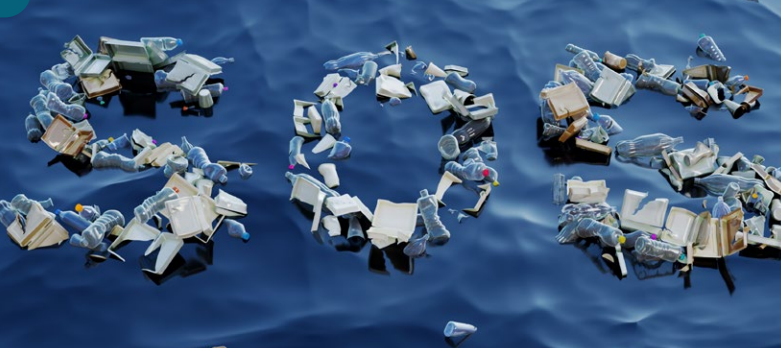Global Plastic treaty: World leaders agree terms at Nairobi Meeting

World Leaders met in Nairobi this week to deliberate on the key terms and agreement of the Global Plastic treaty that would seek to accelerate action against plastic waste management. The treaty which was supported by Ellen MacArthur foundation and Wild Wide Fund seeks to develop a global binding framework for countries to manage plastic waste as well as curtail transboundary shipping of plastic waste.
The meeting, known as UNEA 5.2, came to a close to on Wednesday 2 March in Nairobi after more than a week of negotiations between UN member states on topics including nature-based climate solutions, sustainable food systems, green jobs, poverty eradication and preventing pollution.
Attendees had put forward two draft versions of the treaty. One, supported by more than 70 nations, including 27 EU member states, included a requirement to reduce plastic production. The other, tabled by Japan and supported by the likes of the US, China, Sri Lanka, Cambodia and Palau, did not include this requirement, placing instead a greater focus on scaling recycling and energy-from-waste (waste to value concept).
Ultimately, attendees agreed on a treaty that is most similar to the first version. The UN has stated covers the full lifecycle of plastic, from source to waste management, including mainstreaming the concept of circular economy.
This decision has been welcomed, given that the UN estimates that plastic production currently stands at 400 million tons per year and is set to surpass 800 million tons per year without any intervention. Also, reports from IUCN that if nothing is done to curtail plastic waste in the marine environment the waste will outnumber fish by 2050.
UNEA secretary-general Inger Anderson said: “As I told negotiators a few days ago, the world is demanding that we act on plastic pollution. They, the negotiators, have delivered the first step in this process by agreeing to establish an Intergovernmental Negotiating Committee (INC) that will forge a global agreement on plastic pollution.
The UN is aiming to complete a finalised treaty by 2024. It has promised that the final treaty will be legally binding. By 2024, more information will be provided on how nations report their plastic production, disposal and pollution.

